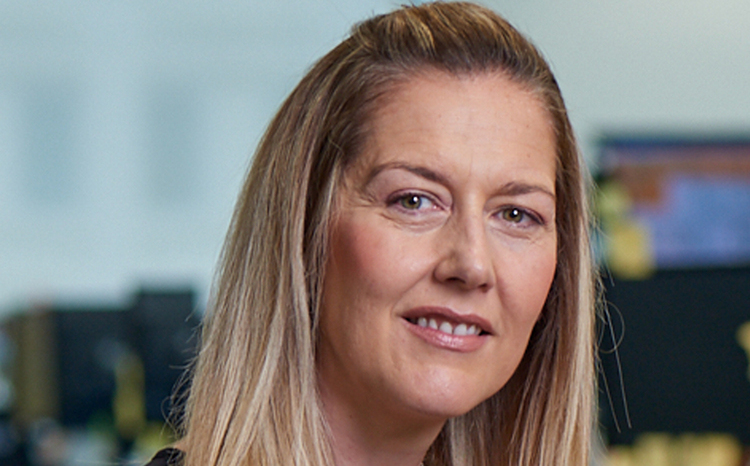Mental health trust trials new AI-powered chatbot
- 3 October 2017

The Hertfordshire Partnership University NHS Foundation Trust has partnered with London HR analytics startup Saberr to pilot its latest bot, CoachBot.
Jess Lievesley, director of service delivery and service user experience at HPFT said the trust were introduced to Saberr and CoachBot by the Eastern Academic Health Science Network (AHSN) back in May.
“They identified it as a product that would be great for us as it offers bitesize coaching that teams can work on at a time that suits them”, Lievesley said. “Since then, we have been working with Saberr, the Eastern AHSN and our staff on implementation of the product, which will reach 30 staff (in inpatient operational and clinical teams) across four teams in the 12-month pilot.
The goal is to provide increased coaching support to aid team performance and development.
“Using CoachBot means we can support team development without taking long days out of service for courses, maximising the time we can spend with service users”, Lievesley said.
This is the first time the trust is trailing anything like this – “but increasingly we are developing a culture of innovation within the trust, looking at different ways of improving the way we work as a team and provide care to service users.”
The launch of the bot follows months of closed beta testing. It is a product that digitises the team-building work traditionally done by an external human coach to help teams address and improve upon issues: from goal setting, to decision making and role clarification.
The interactive bot, built for team members rather than HR staff, is currently being used by teams at 10 other organisations including Unilever and Logitech.

How does it work? It starts with a chatbot-style conversation to unearth what’s going on in the team by asking team members simple questions about their communication style, work goals and team dynamics.
CoachBot collates this information into a report for the team to show areas the team would benefit from focusing on.
From there, CoachBot actions a development plan for the team, which includes recommended toolkits, exercises, bite-sized learning or even a human coach if required.
Tom Marsden, chief executive of Saberr said as team members continue to interact with CoachBot, the data gleaned will allow their conversations to become more bespoke and mirror that of a human conversation.
“At Saberr we strongly believe that, rather than replacing the role of humans, AI solutions like CoachBot will allow HR staff to take on more consultative roles”, Marsden said.
Victoria Corbishley, director of transformation, Eastern Academic Health Science Network emphasised the importance of improving the working environment for NHS staff.
“We are immensely proud to be the first public sector organisation in the UK to use AI-powered CoachBot”, Corbishley said.
“What really stood out about Saberr was their data driven approach and the huge amount of research at their fingertips regarding what makes an effective team.”
The pilot will kick off at the end of this month.




